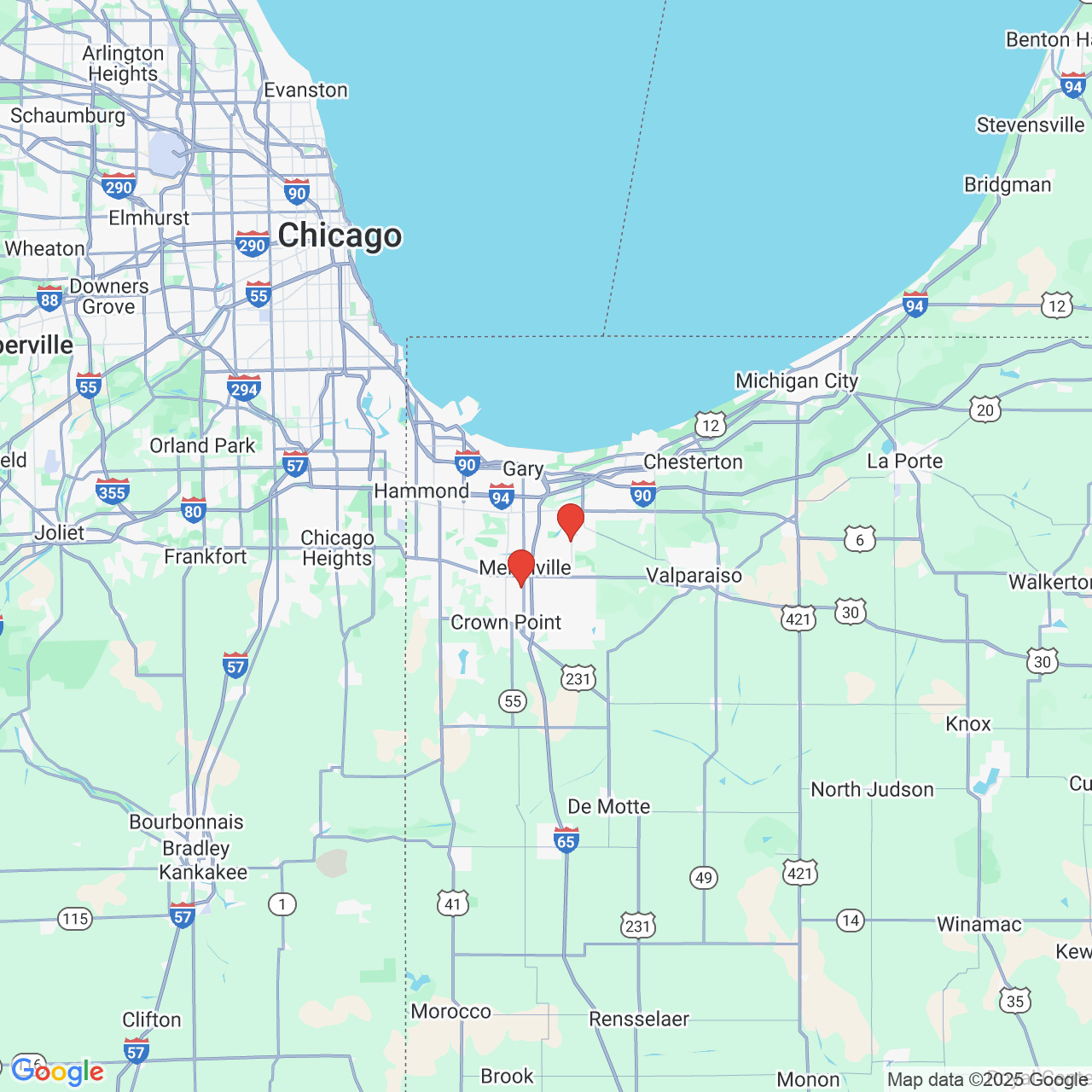Treatments for Nearsightedness (Myopia)
 One of the most common vision problems that people face is nearsightedness. Also known as myopia, there are a number of misconceptions about what nearsightedness is and what it actually involves. The team at our laser vision correction center would like to take a few moments right now to go over the basics of nearsightedness and how it can be treated.
One of the most common vision problems that people face is nearsightedness. Also known as myopia, there are a number of misconceptions about what nearsightedness is and what it actually involves. The team at our laser vision correction center would like to take a few moments right now to go over the basics of nearsightedness and how it can be treated.
What is nearsightedness?
Nearsightedness is an issue with vision that is better known as a refractive error. When a person is nearsighted, it is easier to see objects that are closer than it is to see objects that are far away. Severely nearsighted individuals will need to hold objects very close to their face in order to see properly.
What causes nearsightedness?
Nearsightedness is commonly caused by poorly shaped corneas. The corneas are the thin outer layer of the eye. In nearsighted patients, light passes through the corneas and is focused short of the retina, the thin membrane of light-sensitive tissue at the back of the eye. The patient's distance vision is blurry as a result.
In order to treat nearsightedness, laser eye doctors / surgeons will need to improve the way that light passes through the eyes.
(Note: Two other common refractive errors are farsightedness/hyperopia and astigmatism. Farsightedness is when it is easier to see objects that are far away; astigmatism refers to a general blurring of vision that often accompanies both nearsightedness and farsightedness.)
Common Treatments for Nearsightedness
In general, the two most common treatments for nearsightedness are refractive surgery and corrective lenses. In the case of the former, the most popular refractive surgery by far is LASIK. LASIK surgery uses safe laser technology to recontour the corneas and improve the way light passes through them. Millions around the world have benefited from LASIK surgery over the years.
Ideal Candidates for LASIK Surgery
The best candidates for LASIK surgery are people who suffer from refractive error and are in generally good health. It's important that the patient be over the age of 18, not be pregnant or nursing, not suffer from dry eye, and have healthy corneas. It is also important that the patient have a steady prescription for at least a year prior to undergoing LASIK.
Surgical Alternatives to LASIK
If patients are not ideal candidates for LASIK surgery, other surgeries can be performed to meet the patient's needs, such as PRK, LASEK, and CK (which reshapes the cornea with radiowaves rather than a laser). Candidacy for these LASIK alternatives will be considered on a case by case basis.
Making the Best Decision for Your Needs
No two patients are alike, and each vision correction treatment must be tailored to the patients needs. Since not everyone may be a good candidate for LASIK or be interested in undergoing refractive surgery, we make sure to consider all options for care, which includes contact lenses and prescription glasses.
During your visit, we will be sure to address all of your concerns and answer all of your questions so that you can make the best possible decisions about your vision.
Learn More About Treatments for Refractive Error
For more information about your many different options for advanced vision correction, be sure to contact our Indiana eye care centers today. The teams at our Merrillville and Hobart offices look forward to meeting you in person and helping you make the best possible decision for your needs.



